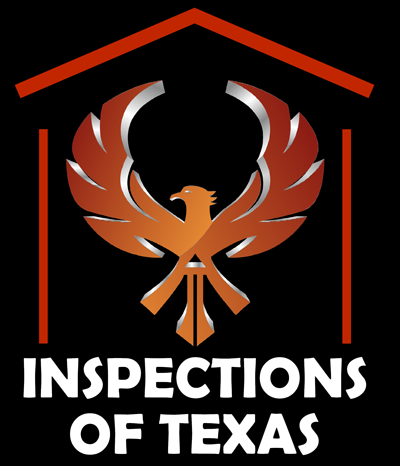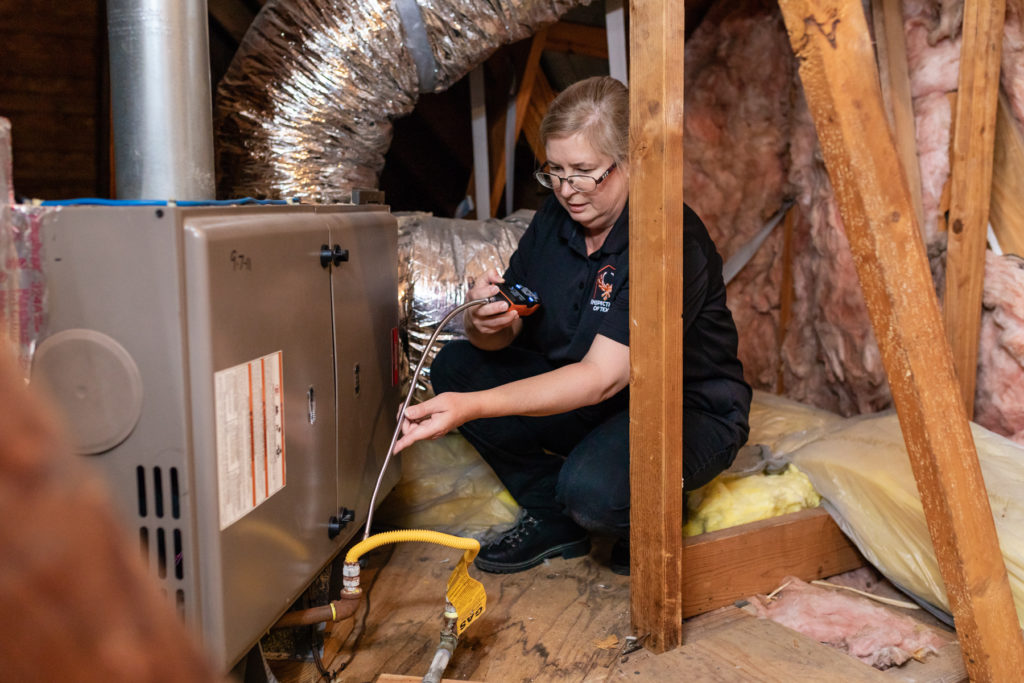One of the most expensive components of a home is the HVAC system. Not only is the system itself expensive, but the associated costs in energy and repairs can stress a budget. Today we’ll help you glean some information and empower you to make informed decisions.
Heating
Gas Heaters: These systems are the most economical due to the low cost of natural gas and furnaces that are up to 98% efficient. There is very little energy lost during the heating process. This is great if you are looking to reduce impact on the environment. A gas furnace is larger than electric and discards carbon monoxide through the roof ventilation. Your gas furnace also needs regular maintenance to work at peak efficiency. This is important when it comes to your safety, so you’ll need to ensure that you call in a professional to take care of it annually. September and October are good times for annual maintenance, prior to needed use.
Gas heaters require a carbon monoxide detector on every level of your home at a minimum to detect leaks. The new electrical code calls for combination carbon monoxide / smoke alarms in every bedroom, outside bedrooms, and on all levels of the home.
Electric Heaters: Instead of using a gas burner furnace, these systems are equipped with electrical elements. This is usually a coil, ribbon, or strip of wire that gives off heat much like a light bulb filament. When an electric current flows through it, it glows red hot and converts the electrical energy passing through it into heat. The air passes through which carries warm air into the home.
An electric furnace is a lot smaller than a gas furnace; it will take less space in the home. Because of the smaller size, they are also much more quiet. However, electric heaters are more expensive to use. Also, electric heaters may struggle to keep the home warm in extreme cold.
Air Conditioning
Air Conditioning: The requirements for air conditioners have changed in recent years. Because of the design of homes and new energy efficiency standards, newer homes have less air leakage. Smaller HVAC systems can heat and cool larger areas today. In older homes, HVAC can require 1 ton for every 500 square feet. However, today’s units may require less than half of the old standards, depending on the home’s energy efficiency.
A/C Issues: Inspectors look for key indicators. Rust and/or water in the drain pan often means the system is leaking moisture that is supposed to be contained. The moisture should drain into a “wet vent.” Sometimes PVC pipes drip water on the side of a house into the yard. This leaking water is an indicator that the primary drain is blocked. If this blockage is not repaired the secondary drain could become blocked as well. When that happens, it usually requires cleaning and repairs to not just the HVAC, but extensive repairs to the home as the drain pan overflows.
Ventilation: The ventilation is incredibly important to your HVAC system. The type of ducts used to carry the air, the condition of the ducts, and the orientation of the ductwork all help determine efficiency. Correct ductwork helps the system to work freely, while poorly designed ductwork may strain the unit. At Inspections of Texas, we check not just the condition of the ventilation, but also areas that might make the ventilation lack in efficiency. Our inspectors understand that an HVAC system running efficiently not only saves our clients money in energy, but also saves on future maintenance.
Performance: Inspectors check basic performance. They note if the air conditioning unit has a temperature drop from where the air goes in to where the air goes out (supply & distribution) of 15 to 21 degrees F. Heating units are inspected for the temperature coming out at a minimum of 100 degrees F.
Maintenance is important! Gas and electric HVAC systems have a life expectancy of around 15-20 years. The units that last the longest are those kept clean and maintained frequently.
At Inspections of Texas we recommend replacing air filters every month to maintain a clean HVAC system. If your unit has a media filter, we recommend replacing that filter every six months. The media filter should be replaced by a licensed professional who knows where to step and where not to step in an attic. We do not suggest homeowners enter the attic.
If you’re buying a used home make certain a licensed professional HVAC technician cleans, services, and brings the system up to manufacturer’s recommended operating standards, and meets “Home Warranty” requirements. This may save you money and heartache if something goes wrong.
If you’re buying a new home, make certain you have an inspector who understands the whole HVAC system. We’ve seen as many as 50% of the new homes in a month have HVAC systems that did not perform efficiently. Some installers for new home builders don’t have an HVAC license, but work under the builder’s license as an installer. These people may do a poor job of installation. A licensed professional HVAC technician may be needed to bring the system up to manufacturer’s recommended operating standards, and meet “Home Warranty” requirements. Even if you have to personally hire them, it’s better to have the right HVAC technician.
Energy Efficiency: The best licensed professional HVAC technicians calculate efficiency by using 4 Manuals produced by the Air Conditioning Contractors of America – Manuals J, S, T, and D. These technical manuals are the basis for proper HVAC installations and most technicians worth their salt will follow them. Manual J is used for calculating heating and cooling load. Manual S is used to select heating and cooling size. Manual T is used to determine basic air distribution. And, Manual D is used to design the heating and cooling ducts. These four manuals are necessary for proper installation of a new HVAC system. Make certain you confirm with your prospective HVAC contractor and/or home builder that they use ACCA’s manuals for their HVAC installations and replacements. Correct calculations can provide up to 30% greater efficiency.
Energy Reports: The City of Houston requires an energy report for new homes and homes that have an HVAC system replaced. Always ask the seller for the energy report. That report has important details the homeowner should know. Today’s standards are higher than ever for efficiency.
The South-central Partnership for Energy Efficiency as a Resource (SPEER) stated recently that only about 20% of HVAC systems in Texas are running efficiently. This is why Inspections of Texas is so adamant about inspecting HVAC. The best system is one that runs efficiently and keeps costs at a minimum for you. You deserve your HVAC to perform as efficiently as possible!

